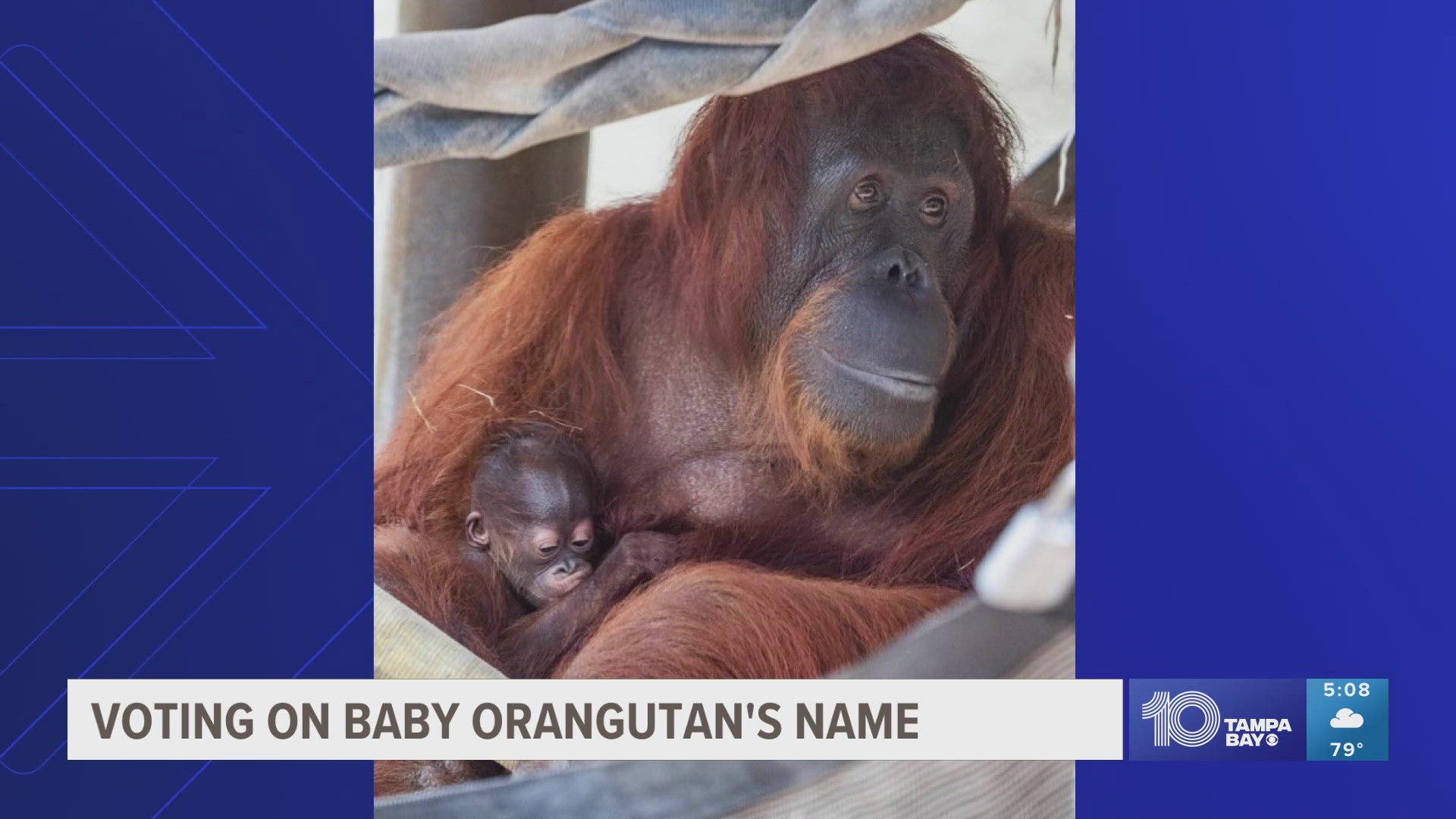CLEARWATER, Fla. — Dolphin sightings in the Tampa Bay area are pretty common, but sometimes there's something extra special about them.
Like spotting an all-white calf.
That's exactly what happened when Caitlin Mackey was visiting the Clearwater Basin Marina.
In a Facebook post, she said she saw a large dolphin and two calves swimming next to the sea wall. One of the calves was completely white in color.
Clearwater Marine Aquarium posted to its Facebook page after the sightings and said the calf is a known dolphin named Cherub. The aquarium says it believes Cherub is less than a year old.
"The calf has a healed injury resulting in partial loss of one fluke, but otherwise appears in good condition and has displayed normal behavior," Clearwater Marine Aquarium said in its post.
The aquarium says it has been observing its mother, Guardian, since 2013.
Clearwater Marine Aquarium also shared a reminder that dolphins are protected under the Marine Mammal Protection Act. That makes it illegal to harass, feed, hunt, capture or kill any marine mammal.
Albino dolphin sightings are extremely rare. The National Oceanic and Atmospheric Administration says there have only been three documented sightings of albino dolphins in the Gulf of Mexico.
The most famous is a "pink" dolphin that was first spotted in June 2007 at Calcasieu Lake in Louisiana.
NOAA says there have only been two other documented sightings of albino bottlenose dolphins in the Gulf of Mexico. The first was reported during the summer of 1994 in Little Lake near New Orleans. Another all-white dolphin calf was first seen in a group of more than 40 dolphins in September 2003 south of Galveston, Texas.
NOAA says there is not a lot of information out there about albino dolphins. In fact, most of what people know about albinism comes from humans, NOAA said. It's "a genetic predisposition, expressed as a lack of melanin pigments within the body."
What other people are reading right now:
- Reports: New CDC outdoor mask guidance may be announced Tuesday
- Turnout low as Johnson & Johnson vaccine returns in Florida
- Biden to sign $15 minimum wage for federal contract workers
- Investigation: Derek Chauvin held a teenager down prone for 17 minutes
- Former Bucs, FSU linebacker Geno Hayes dies at 33
- Pandemic creates a plethora of mental health jobs
►Breaking news and weather alerts: Get the free 10 Tampa Bay app
►Stay In the Know! Sign up now for the Brightside Blend Newsletter



